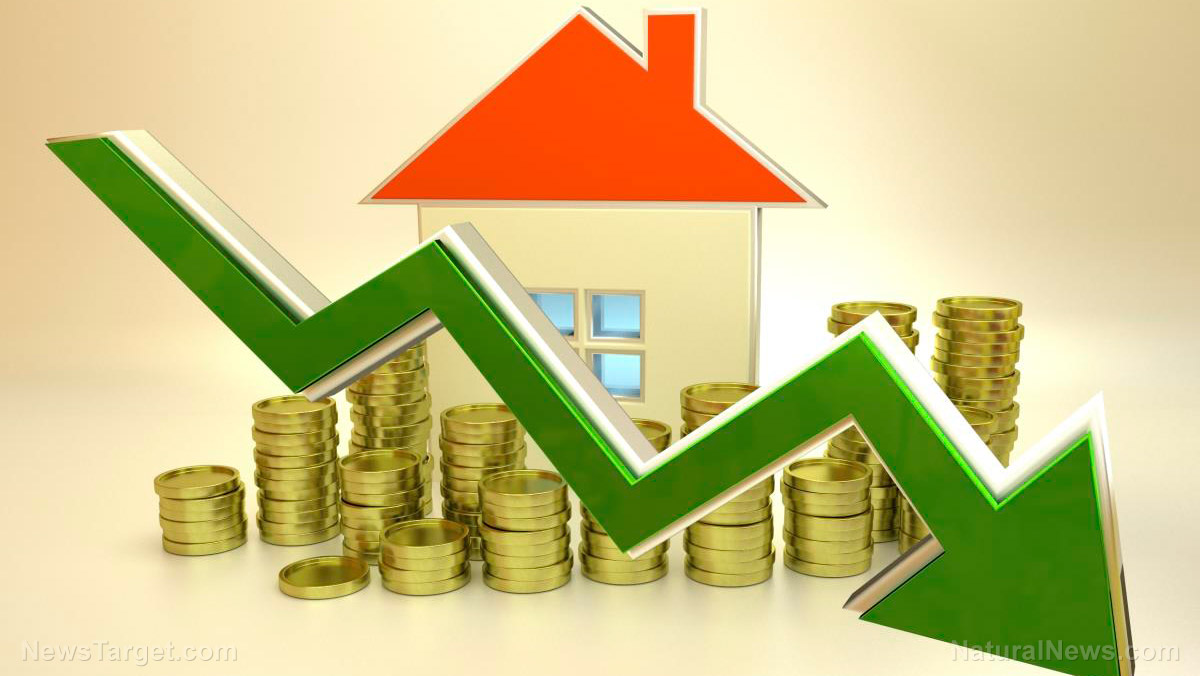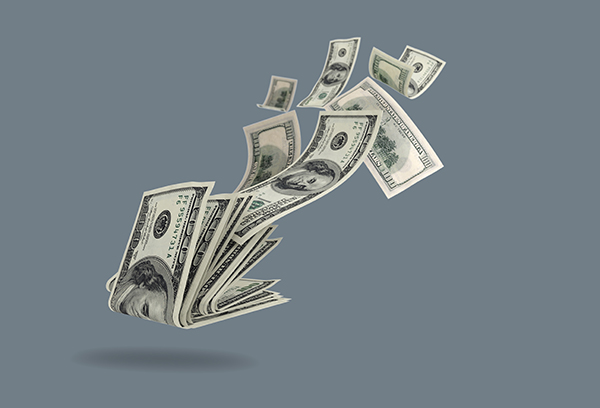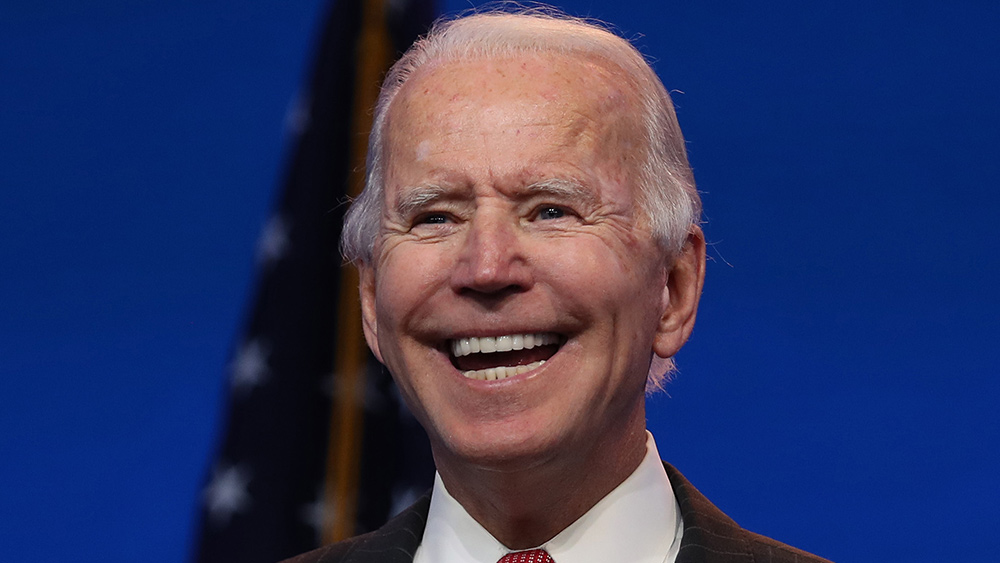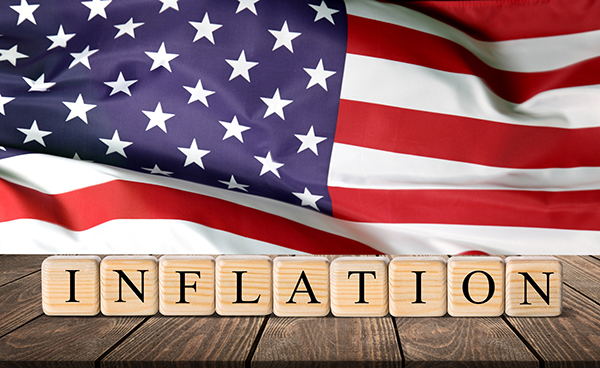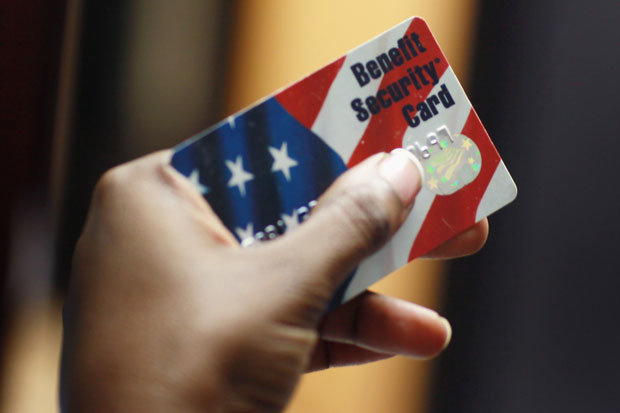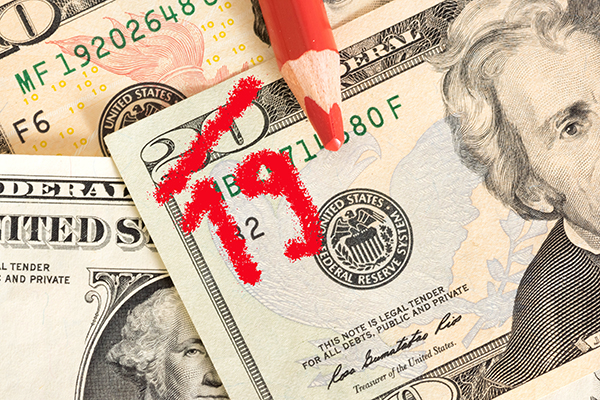Inflation pushing many Americans to pay at least $1K monthly on vehicle loans
08/03/2022 / By Mary Villareal

The ongoing inflation, coupled with rising interest rates and supply chain issues, has pushed Americans to pay at least $1,000 a month for their vehicles.
According to car shopping website Edmunds, at least 12.7 percent of Americans who bought new cars are shelling that amount to finance their purchases. The figures were closer to seven percent in 2021, while almost five percent were paying huge amounts for their cars in 2019. Only a measly two percent were paying exorbitant amounts for their cars back in 2010, it added.
Monthly payments on car loans have also hit record highs. The average payment was $686 in June, which was a four percent increase from January and a 13 percent increase from July last year.
While the record highs were from new car purchases, the used car market was not spared either. Average monthly payments for used cars were still at near-record levels – with an average amount of $554 recorded in June. This was a 12 percent increase compared to the average monthly payment from the same month last year.
Supply chain issues related to the pandemic created a shortage of new cars, which subsequently drove new vehicle prices much higher than pre-pandemic levels. Interest payments for these vehicles also shot up following the Federal Reserve’s interest rate hike. (Related: Surveys: Consumers are saving less and acquiring more debts due to inflation.)
“Low-interest rates used to be one of the few reprieves for car shoppers amid elevated prices and supply shortages. But the Fed rate hikes this year are making finance incentives far costlier for automakers and consumers are starting to feel the pinch,” said Jessica Caldwell, executive director of insights at Edmunds.
She also noted that despite a steady stream of affluent consumers who are willing to commit to car payments that look more like mortgage payments, the new car market is increasingly becoming out of reach for most of the consumers.
Ivan Drury, senior manager of insights at Edmunds, agreed with his colleague’s sentiment. He commented that people are having a “go big or go home” mindset when it comes to purchasing cars as of the moment.
Car loan payments also seeing significant climb
Payments for car loans have also risen, breaking the $700 level in July for the first time. This also coincided with a change in consumers’ tastes for vehicles, with SUVs and pickup trucks gaining ground despite being more expensive.
Customers whose leases are about to expire are also finding that their payments are rising significantly when the time comes for them to renew their loan and financing agreements. According to Drury, while a single percentage point increase in interest rates may not seem much – it can add up to hundreds, if not thousands, of dollars throughout a loan with a period of 72 months or longer.
Thomas King, data analytics division president for the Michigan-based analytics firm J.D. Power, remarked that smaller discounts from auto dealers, rising prices for cars and interest rate hikes for loans are to blame for the $700 monthly payments.
“The average monthly finance payment in July is on pace to hit a record high of $708,” he said. King added that the current average was $81 higher than the average car loan payment a year ago.
Greg McBride, chief financial analyst for the New York-based financial data company Bankrate, explained that the high monthly auto loans are a result of consumers opting for larger, more expensive cars and pickup trucks coupled with longer loan repayment periods.
“We’re at $700 because of the decades-long desire for larger and more expensive vehicles, and the compounded effect of slower principal paydown on longer-term loans that then leads to much less equity to be used as down payment on the next vehicle – or worse, rolling in negative equity,” he said.
Visit Bubble.news for more information on how inflation and the supply chain crisis impact Americans daily.
Watch the video below that warns about impending car repossessions and payments as part of a “financial Armageddon.”
This video is from the Bull Boom – Bear Bust channel on Brighteon.com.
More related stories:
Debt collectors track subprime loan borrowers, disable vehicles to punish poor for late payments.
Sources include:
Submit a correction >>
Tagged Under:
Bubble, car loans, cars, chaos, debt bomb, debt collapse, economic collapse, finance, Inflation, interest rates, market crash, money supply, rate hikes, rising prices, risk, vehicle purchases
This article may contain statements that reflect the opinion of the author
RECENT NEWS & ARTICLES
COPYRIGHT © 2017 MARKET CRASH NEWS

